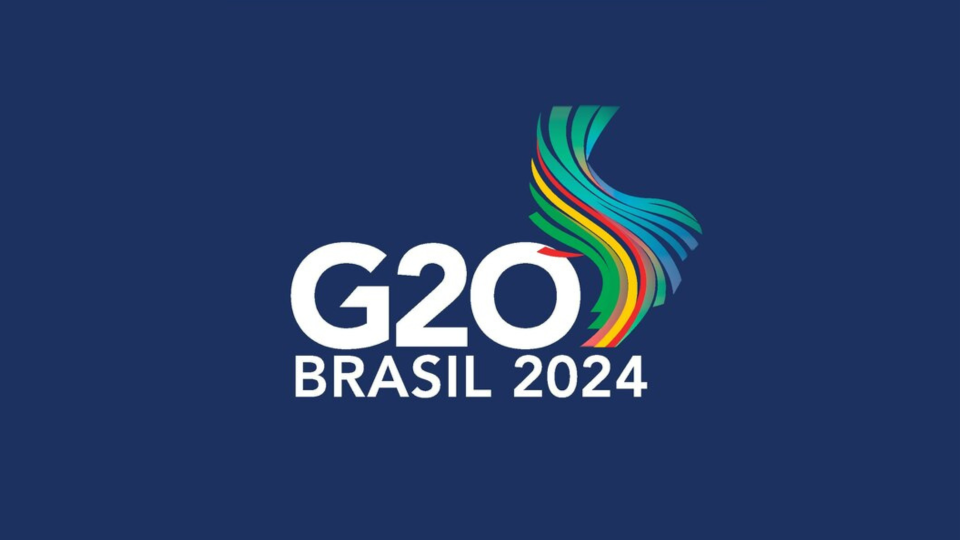ICN Calls for Urgent G20 Action on the Global Nurse Migration Crisis

Amidst our global shortage of millions of nurses, some high-income countries continue to plug staffing gaps by actively recruiting nurses from vulnerable countries already facing severe health workforce shortages. Despite shared ethical codes and calls to curb this practice, aggressive nurse recruitment is growing, with clear evidence of harmful impacts exacerbating deep-seated health inequalities worldwide.
At this year's World Health Assembly, national nursing groups and healthcare leaders sent an unequivocal message: the global nurse migration crisis is rapidly intensifying, and it is stripping vital nursing expertise and coverage from our world's most fragile health systems. This crisis is unfolding in the context of a global healthcare emergency fuelled by chronic underinvestment in training and retaining health workers across the globe.
Rapid, resolute action is desperately needed to protect and retain nursing workforces, stemming the tide of nurse migration from countries with acute health staffing deficits and weakened health infrastructures.
That is why ICN's President Dr Pamela Cipriano has urgently called on the G20 leaders, under Brazil's presidency, to take immediate action.
At this November's summit, the G20 heads of state will gather under the banner of "Building a Just World and a Sustainable Planet". Yet as Dr Cipriano told the group in her open letter, "without bold, collaborative resolutions to curb the depletion of nursing workforces in vulnerable nations, global healthcare access gaps will continue to widen, undermining the G20's stated commitments to improving health equity."
ICN’s president urged the G20 leaders to make nurse migration a priority agenda item when they meet and called on them to commit to “meaningful solutions for the ethical recruitment and retention of global nursing workforces”.
In her letter, Dr Cipriano commended the G20 Brazil-led Health Working Group for their stated commitment to health equity and resilience and for the meetings they have held to date on social determinants of public health, pandemic preparedness, and safeguarding our global health workforce. She stressed that current patterns of nurse migration undercut progress on all these fronts — and asserted that the main November summit is a vital opportunity to place migration at the forefront of the international agenda and chart a path forward, saying that “what matters now is committing to a clear and decisive course of action”.
Dr Cipriano advocated for a temporary freeze on recruiting nurses from countries on the World Health Organisation Health Workforce Support and Safeguards list of nations with acute nursing deficits and vulnerable health infrastructures (known as the “red list”). She also called for a drastically strengthened WHO Global Code of Practice with binding accountability measures, effective global monitoring systems, and meaningful compensation for nations losing nurses to wealthier countries.
Just prior to Dr Cipriano’s letter, ICN’s Chief Executive, Howard Catton, published a Health Policy Watch op-ed outlining in depth the alarming scope and drivers of our current nurse migration crisis. Mr Catton’s article combined data on global nurse mobility and recruitment with insights from conversations with the world’s nurse leaders and policymakers at this year’s World Health Assembly. He painted an alarming picture of “a worsening nursing migration crisis driven overwhelmingly by a small number of high-income nations, including the UK, USA, Canada, Australia, and certain Gulf states, poaching nurses from vulnerable countries in what some African healthcare leaders have called a ‘new form of colonialism’”. With one in ten African nurses working outside the continent, small island states like Tonga and Fiji continuing to lose 20–30% of their nurses year on year, and high proportions of Caribbean nurses seeking credentials to leave, the nursing drain is leaving vulnerable populations without access to essential healthcare services and putting enormous strain on the nurses who remain.
Catton also sounded a note of caution on the "educate to export" model for resolving shortages, warning that countries who have historically supplied many of the world's nurses, like the Philippines, are now experiencing their own severe shortages.
Both Mr Catton and Dr Cipriano described unethical recruitment by wealthy nations as an unsustainable, short-sighted solution that only distracts from addressing the root causes of our global nursing workforce emergency. They underscore the systemic underinvestment in educating, retaining, and supporting nurses long that is driving nurse burnout, resignations, and industrial action worldwide and note that nurse unemployment is also a problem in some less developed nations facing shortages.
“Our world’s most vulnerable health systems need us to develop, not deplete, their nursing workforce”, said Mr Catton.
Reinforcing this message, ICN’s President called on the G20 to “prioritise meaningful solutions for the ethical recruitment and retention of global nursing workforces and, together, move towards building resilient, equitable, and sustainable health systems that leave no country behind.”